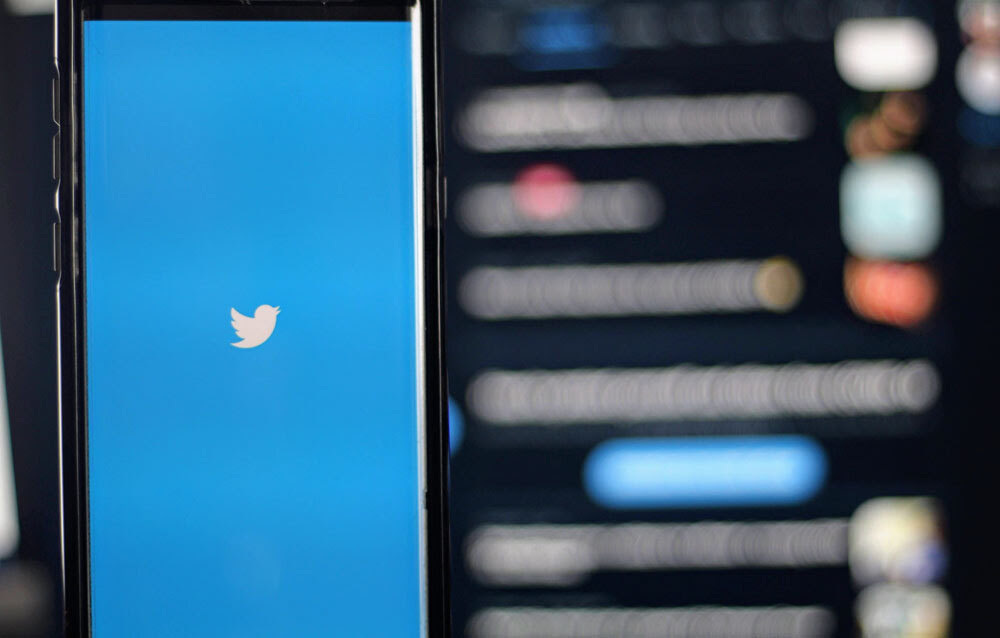
(Joshua Hoehne/Unsplash)
OK, first off, I know we have to talk about this, but I did a thing last night in direct response to yesterday’s news. I built a simple template for MidRange which I am now publishing on EmailOctopus directly, as a temporary solution until I can fully integrate MidRange into the Tedium website. I have nearly 200 issues to work in, which isn’t a bad track record for a year and a half.
Revue doesn’t have a direct export function so I will slowly be working my way through every issue over the next couple of weeks deciding how to properly host it elsewhere.
Revue is owned by Twitter, a company that I think a lot of people have found a key part of their cultural experience online over the past decade and a half. (I respect Revue and I like their service and the people who work there, and I feel bad about this, but it’s not about them.)
Twitter is definitely a love-hate service for a lot of folks, and I think that’s why the decision by Elon Musk to acquire this service has broken through in such a notable way. It is perhaps the most divisive thing that has happened on Twitter since a certain political lightning rod was booted off the service in a display which most certainly set the stage for something like this to happen.
Anyway, let’s stop talking about Elon Musk for a second. Let’s start talking about individual users, particularly those who see this as some opportunity to turn Twitter into a free-speech haven once again. Now, I can appreciate people having the right to utilize their right to free speech, about being able to say what you want online, and so forth. (But I emphasize, as I always do, that you want to self-host. You don’t need a billionaire to support your digital freedom.)
But the fact of the matter is, we live in a society. And Twitter, by throwing everyone into the same digital morass, stretches the definition of society by putting people that would literally have no reason to interact with one another in the same large room, with no care as to how that interaction is going to go.
The debate about free speech on the internet seems like it’s about politics. But I’d argue it’s really about decorum. Because there are no standards or rules as to how people act on the broader internet, there is nothing requiring you to be a good person, or a jerk, or a sockpuppet, or an edgelord. You can be any of those things. Or, depending on how you utilize anonymity, all of them.
I think back to what it was like for a lot of people, being 10 years old and just trying to make it through the day at school. But one bad apple could ruin the whole day, one bully could turn living into a horror show. Twitter, at its worst, can feel like bullies coming in from all corners; but at its best, it can introduce you to new types of people and new ways of thinking. People want the latter, not the former.
The internet is full of spicy opinions, and we’re all going to have them. But the reason, ultimately, we’re not all using IRC or Usenet in 2022 is not because we wanted better experiences, but because we wanted safer ones. We don’t want an internet of jerks.
If Elon Musk, as Twitter’s owner, favors free speech absolutism over safety, he’s going to push most people to find other safe corners.
Based on what he already has done, I’m not hosting my newsletter on a platform he’s about to own.
Time limit given ⏲: 30 minutes
Time left on clock ⏲: 25 seconds



